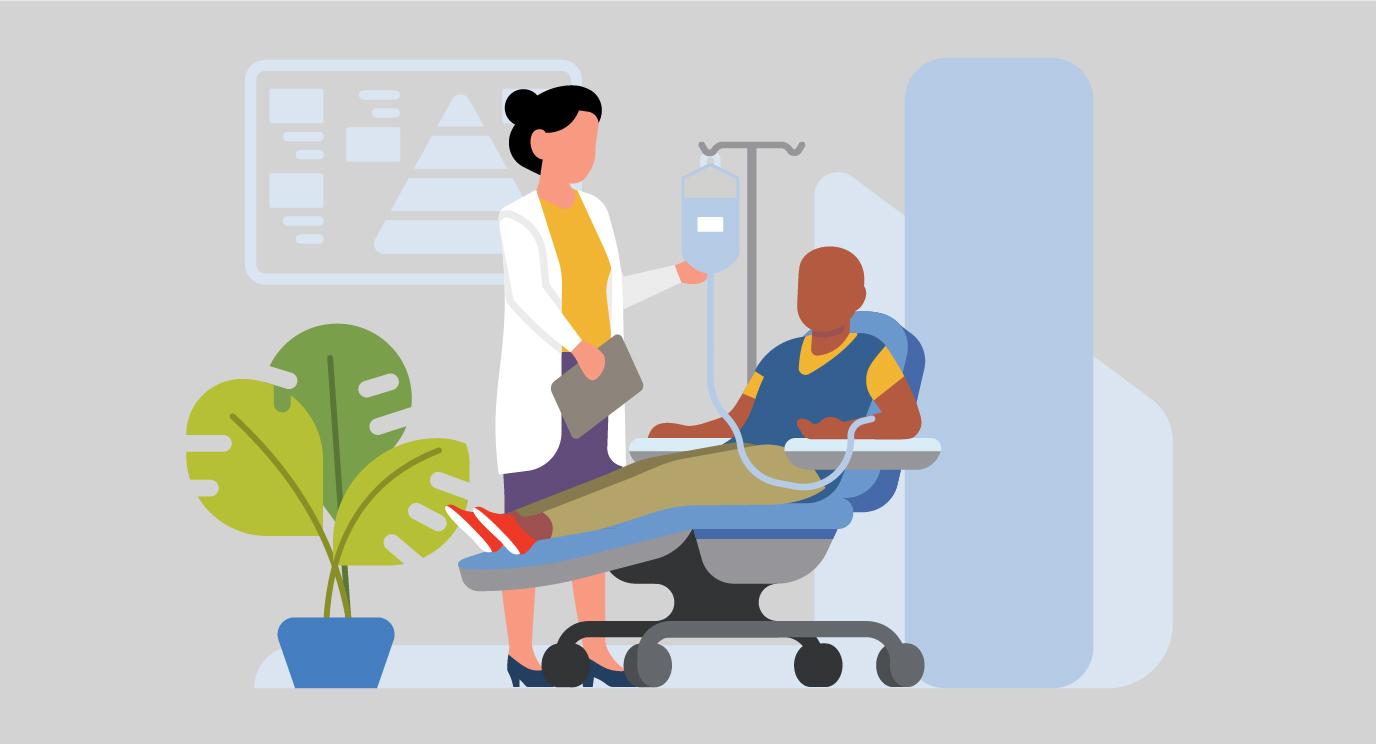- Diseases
- Acoustic Neuroma (14)
- Adrenal Gland Tumor (24)
- Anal Cancer (66)
- Anemia (2)
- Appendix Cancer (16)
- Bile Duct Cancer (28)
- Bladder Cancer (68)
- Brain Metastases (28)
- Brain Tumor (228)
- Breast Cancer (716)
- Breast Implant-Associated Anaplastic Large Cell Lymphoma (2)
- Cancer of Unknown Primary (4)
- Carcinoid Tumor (8)
- Cervical Cancer (154)
- Colon Cancer (164)
- Colorectal Cancer (110)
- Endocrine Tumor (4)
- Esophageal Cancer (42)
- Eye Cancer (36)
- Fallopian Tube Cancer (6)
- Germ Cell Tumor (4)
- Gestational Trophoblastic Disease (2)
- Head and Neck Cancer (6)
- Kidney Cancer (124)
- Leukemia (344)
- Liver Cancer (50)
- Lung Cancer (288)
- Lymphoma (284)
- Mesothelioma (14)
- Metastasis (30)
- Multiple Myeloma (98)
- Myelodysplastic Syndrome (60)
- Myeloproliferative Neoplasm (4)
- Neuroendocrine Tumors (16)
- Oral Cancer (100)
- Ovarian Cancer (170)
- Pancreatic Cancer (166)
- Parathyroid Disease (2)
- Penile Cancer (14)
- Pituitary Tumor (6)
- Prostate Cancer (144)
- Rectal Cancer (58)
- Renal Medullary Carcinoma (6)
- Salivary Gland Cancer (14)
- Sarcoma (236)
- Skin Cancer (294)
- Skull Base Tumors (56)
- Spinal Tumor (12)
- Stomach Cancer (60)
- Testicular Cancer (28)
- Throat Cancer (90)
- Thymoma (6)
- Thyroid Cancer (98)
- Tonsil Cancer (30)
- Uterine Cancer (78)
- Vaginal Cancer (14)
- Vulvar Cancer (18)
- Cancer Topic
- Adolescent and Young Adult Cancer Issues (20)
- Advance Care Planning (10)
- Biostatistics (2)
- Blood Donation (18)
- Bone Health (8)
- COVID-19 (362)
- Cancer Recurrence (120)
- Childhood Cancer Issues (120)
- Clinical Trials (624)
- Complementary Integrative Medicine (24)
- Cytogenetics (2)
- DNA Methylation (4)
- Diagnosis (228)
- Epigenetics (6)
- Fertility (62)
- Follow-up Guidelines (2)
- Health Disparities (14)
- Hereditary Cancer Syndromes (122)
- Immunology (18)
- Li-Fraumeni Syndrome (8)
- Mental Health (118)
- Molecular Diagnostics (8)
- Pain Management (62)
- Palliative Care (8)
- Pathology (10)
- Physical Therapy (18)
- Pregnancy (18)
- Prevention (890)
- Research (390)
- Second Opinion (74)
- Sexuality (16)
- Side Effects (602)
- Sleep Disorders (10)
- Stem Cell Transplantation Cellular Therapy (216)
- Support (404)
- Survivorship (322)
- Symptoms (184)
- Treatment (1770)
Topical magnesium patches and sprays for cancer patients: Are they safe?
3 minute read | Published February 02, 2023
Medically Reviewed | Last reviewed by an MD Anderson Cancer Center medical professional on February 02, 2023
If you shop online or use social media at all, you’ve probably seen at least one advertisement recently for topical magnesium sprays or transdermal patches. These products are applied to and absorbed by the skin.
You may have also seen claims that these forms of dietary supplement reduce inflammation, relieve aches and pains, improve heart health and even alleviate depression.
But what do magnesium patches and sprays actually do, and why might you need one? Are they safe for cancer patients to use during treatment?
We checked in with senior clinical dietitian Stephanie Moore for answers to these questions and more.
What is magnesium, and why do we need it?
Magnesium is a mineral we use to regulate all kinds of biological processes, including metabolism, blood pressure and muscle function. But our bodies can’t manufacture it themselves, so we have to get it from the foods we eat.
What are the symptoms of magnesium deficiency, and how common is that condition?
Muscle cramps and headaches are two of the most common symptoms, but your magnesium levels would have to be really low to experience those. If your magnesium levels get very low, you might see changes in your heart rhythm or appetite, as well as seizures, vomiting, constipation, anxiety, depression and nausea.
Magnesium deficiency is not really that common, though. Most people don’t realize their levels are low until they go to their doctor for a checkup or something else, and a blood test reveals it.
Often, if your magnesium levels are low, your potassium and/or calcium levels may be low, too. But we only tend to see this among professional athletes or people who are losing lots of bodily fluids in a short period of time.
Why might a cancer patient become magnesium-deficient?
You could become magnesium-deficient due to the medications you’re taking or the treatments you’re receiving.
If someone has had surgery to remove a part of their intestines or pancreas, for instance, then their ability to absorb that mineral might be reduced. But it’s something our doctors would pick up on very quickly through bloodwork.
Are there other reasons why someone might be magnesium-deficient?
Yes. If you have irritable bowel syndrome, celiac disease or some other gastrointestinal issue, that makes it hard for your body to absorb nutrients from food.
If you take a proton pump inhibitor (PPI) to manage indigestion or acid reflux, that can also make it harder for you to absorb magnesium.
Are magnesium sprays and patches more effective or more quickly absorbed than other forms of magnesium?
Unfortunately, science does not back up that claim. There is no significant data showing that magnesium sprays or transdermal patches are more effective than oral or IV supplements.
Still, I can understand the appeal of those products. Patches and sprays are something you can do at home, so it might feel like you have a bit more control. And, for people who have trouble swallowing pills, they might seem like a great solution.
Is it safe to use magnesium patches or sprays during cancer treatment?
If you’re asking if they’re harmful, the answer is no. But I don’t think they’re going to do exactly what they claim they’ll do.
What are the possible side effects of magnesium patches and sprays?
Some people may have skin irritation. This is the most common side effect observed. This might be especially true for cancer patients, who are undergoing chemotherapy or some other treatment that makes their skin more sensitive.
Is there any reason why patients shouldn’t use magnesium patches or sprays during cancer treatment?
No. But I would encourage anyone who is considering it to check in with their care team first. If someone is low in magnesium, we usually start by recommending changes to their diet. The best way to try to fix low magnesium initially is by eating more magnesium-rich foods.
Request an appointment at MD Anderson online or by calling 1-877-632-6789.

The best way to fix low magnesium is by eating more magnesium-rich foods.
Stephanie Moore
Senior Clinical Dietitian






